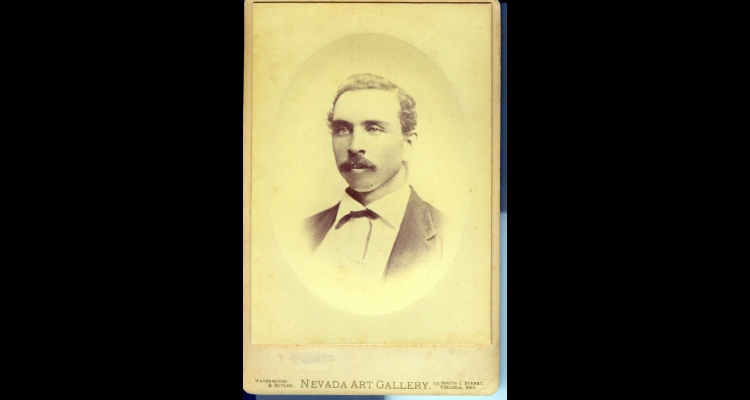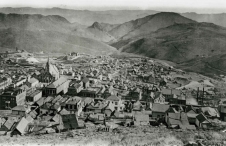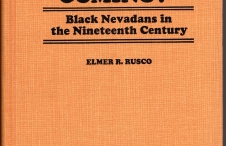African Americans on the Comstock
African Americans came to the western Great Basin in the 1850s. Some were former slaves seeking freedom, while others were freeborn. All sought opportunity. Although the western environment did not have the same level of oppression as the East, African Americans encountered racism both from individuals and eventually from government. Nevertheless, most established prosperous lives and enjoyed the occasional open-minded freedom of the frontier.
Various records including directories and the federal and state censuses indicate African Americans arrived in Virginia City early but that they never numbered much more than one hundred. They lived among Euro Americans, integrating into various neighborhoods.
Comstock African Americans pursued occupations ranging from laborers to professionals. Some worked as barbers while others served as street shoe polishers, porters, waiters, cooks, blacksmiths, teamsters, and carpenters. Entrepreneurs such as Amanda Payne and William A. G. Brown invested in real estate and owned businesses. Brown's Boston Saloon was a popular African American retreat. Dr. W. H. C. Stephenson served his community as a physician and preacher and became known as an advocate for civil rights.
As the Comstock mines began to fail in the 1880s, African Americans, like many others, sought better opportunities. African American families involved in agriculture in nearby valleys tended to remain, but those living in the mining town saw less reason to stay.



